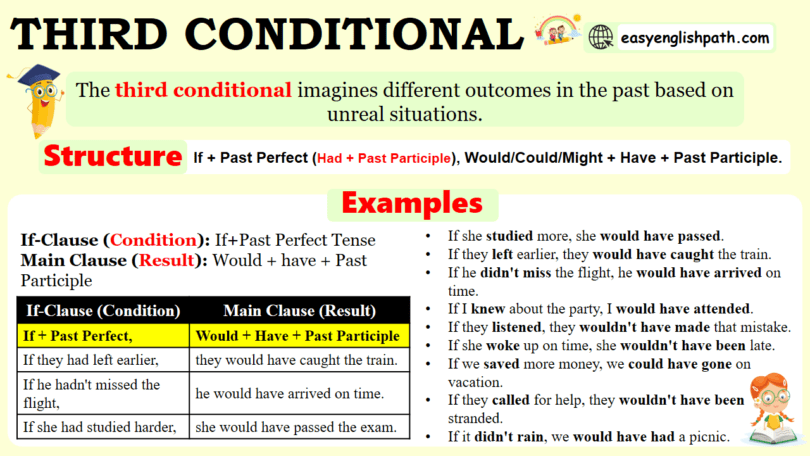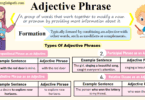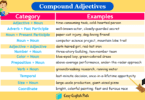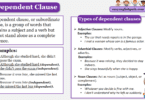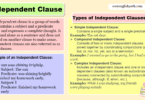The third conditional is used for talking about unreal situations in the past. It’s like looking back and thinking about different outcomes if something had happened differently. It’s a very simple way to reflect on past experiences and think about how they might have turned out if certain actions were taken.
Definition of Third Conditional:
The third conditional is a grammatical structure that is used to discuss situations that have happened in the past and their imagined outcomes. It typically involves the past perfect tense in the if clause and the perfect conditional in the main clause.
- If she studied more, she would have passed.
- If they left earlier, they would have caught the train.
- He would have arrived on time if he didn’t miss the flight.
- If I had known about the party, I would have attended.
Difference Between Second and Third Conditional:
| Aspect | Second Conditional | Third Conditional |
| Structure | If + past simple, would/could/might + base form | If + past perfect, would/could/might + have + past participle |
| Usage | Used for unlikely situations in the present or future | Used for likely situations in the past |
| Example | If I won the lottery, I would travel the world. | If she had studied harder, she would have passed the exam. |
| Time Frame | Present or future | Past |
| Focus | Present or future possibilities | Past possibilities |
| Verb Forms | Past simple in “if” clause, base form in the main clause | Past perfect in “if” clause, perfect conditional in the main clause |
Usage of Third Conditional:
- Expressing Regrets
- Reflecting on Missed Opportunities
- Speculating About Alternative Outcomes
- Imagining Different Scenarios
1. Expressing Regrets:
The third conditional sentence is used to express regrets about past decisions.
- If I had apologized, we’d still be friends.
- If she had listened, she wouldn’t have failed.
- If they had invited us, we’d have attended.
2. Reflecting on Missed Opportunities:
Another common use is to reflect on missed opportunities or chances not taken in the past.
- If I had applied, I might’ve received it.
- If she had bought earlier, they wouldn’t be sold out.
- If they had taken, they wouldn’t have been late.
3. Speculating About Alternative Outcomes:
These enable speakers to speculate about outcomes in past situations. It also allows them to explore different scenarios of how things might have turned out differently under different situations.
- If it hadn’t snowed, we would’ve gone skiing.
- If they had known, they might’ve rescheduled.
- If I hadn’t lost, we could’ve gone.
4. Imagining Different Scenarios:
The third conditional is also about imagining different scenarios and considering the unrealized possibilities in the past.
- If he had taken it, he might’ve moved.
- If they had bought, they wouldn’t be renting.
- If I had learned, I could’ve performed.
Third Conditional Sentences
- If I studied harder, I would have passed.
- She would’ve bought the car if it were better.
- If they listened, they wouldn’t have erred.
- He’d not missed the bus if not for oversleeping.
- If we left earlier, we’d have arrived on time.
- They’d avoided traffic if they took the other route.
- If I hadn’t forgotten my wallet, I’d have paid.
- If we knew about the event, we’d have attended.
You May Also Like This

